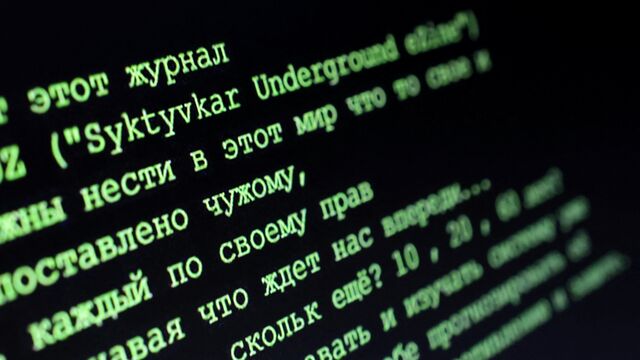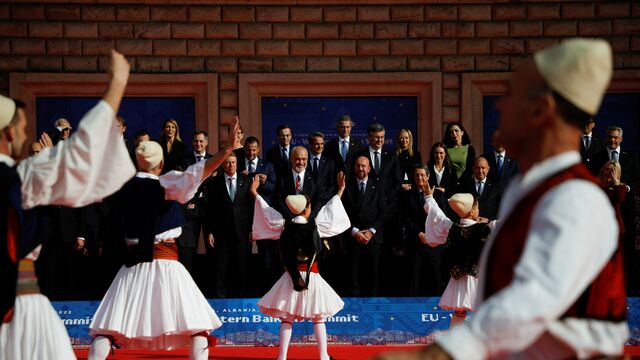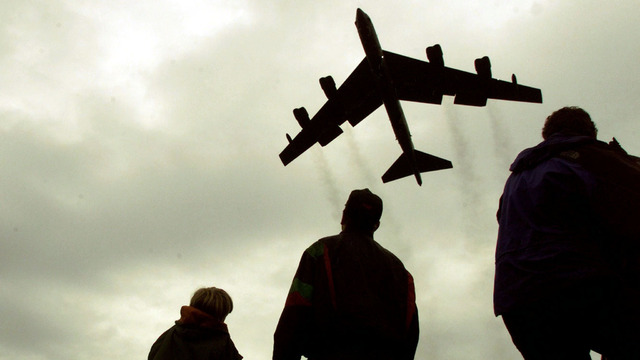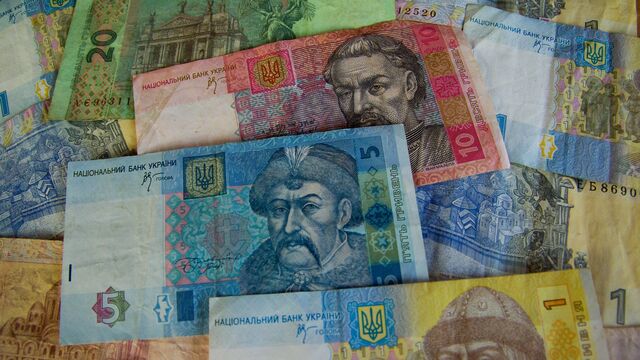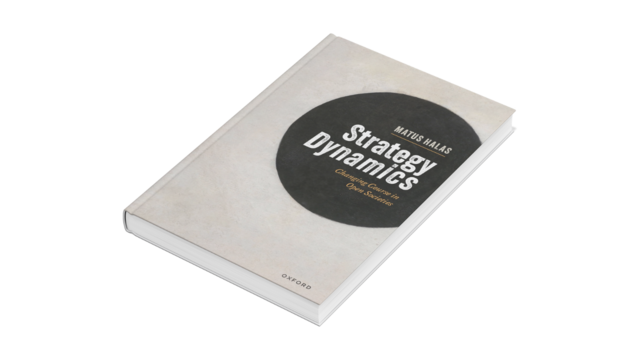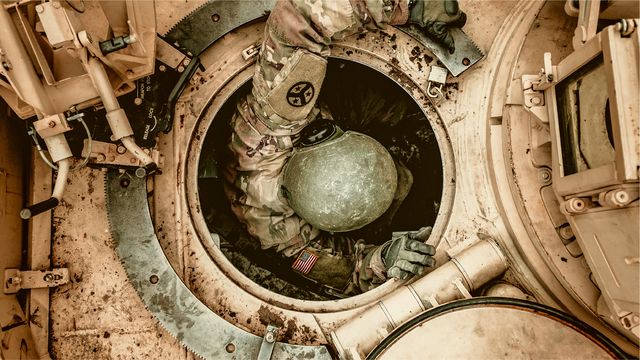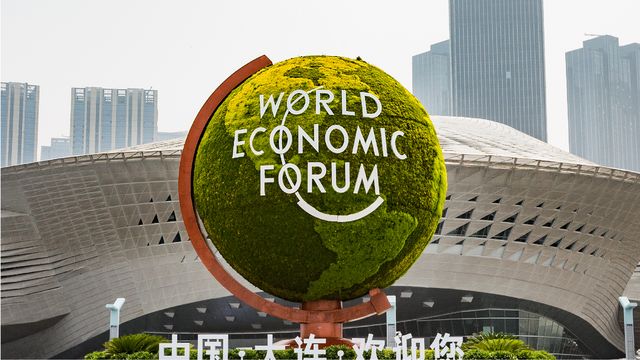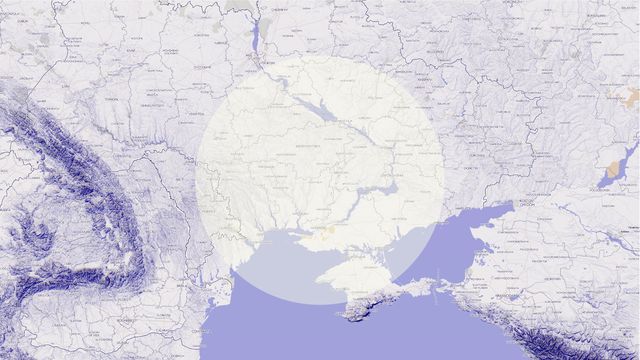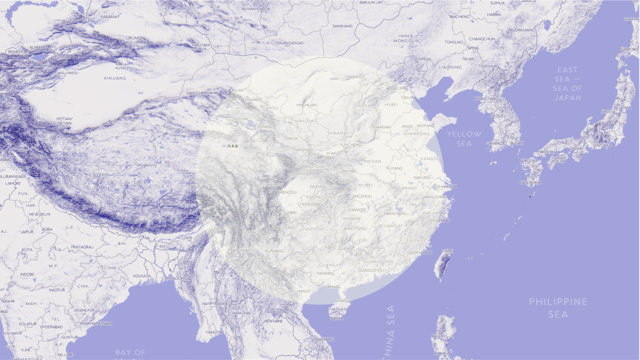Russia’s War On Ukraine And China’s Next Move
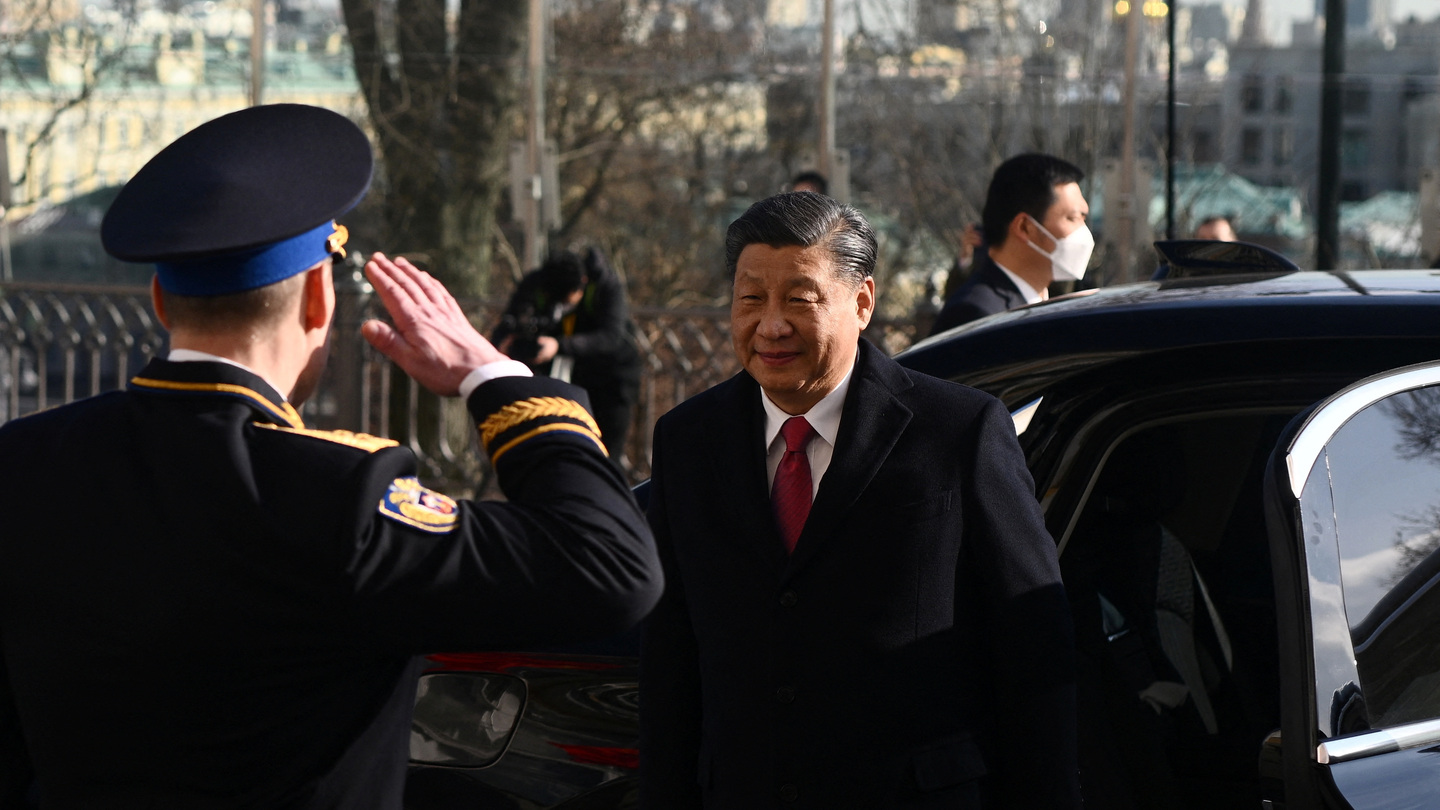
In his chapter, Jan Švec analyses the dual role of Beijing, which on the one hand maintains economic and diplomatic relations with the EU and the USA, and on the other hand also cooperates with the Russian Federation.
Czechia should closely follow China’s approach towards the war in Ukraine and do its utmost to avoid a dangerous escalation of the tensions between the EU and China. As an EU member, Czechia should ensure the protection of its crucial technology and know-how and limit its cooperation with China in areas where security and human rights are concerned. However, a complete isolation of China would only intensify the pressure on the Chinese leadership to provoke conflict.
On 4 February 2022, China and Russia signed a joint statement defining their relationship as a friendship with “no limits” and “no ‘forbidden’ areas of cooperation”. Three weeks later, only four days after the closing ceremony of the Olympic Games in Beijing, Russia launched the invasion of Ukraine. The next day, Xi Jinping spoke to Vladimir Putin on the phone. The summary of the call was an early sign of Chinaʼs subsequent ambiguous approach to Russia’s invasion. Xi expressed an understanding of the “reasonable security concerns of all countries”, but he also argued that “China determines its position concerning the Ukrainian issue on its own merits” and supports “resolving the issue through negotiations with Ukraine”. China then abstained from voting at the UN Security Council on the resolutions condemning the aggression of Russia and the annexation of the three Ukrainian regions.
Chinese diplomacy insists that the “strategic mutual trust” of the two countries is “as stable as mountains” and “has been further consolidated” during 2022. Nevertheless, it has been filled with many contradictions. Chinese propaganda adopts the Russian interpretation, does not call the conflict a war, and blames the USA and NATO for the conflict by arguing that they provoked Russia. However, China does not directly support Russia’s aggression either, repeatedly calling for an end to the military action and expressing the need to avoid a nuclear war. In September, Putin admitted that China has “concerns” over Russia’s invasion.
In the war in Ukraine, China seeks to play a dualistic role. It maintains economic and diplomatic relations with the EU and the USA, while keeping the cooperation with Russia. Nevertheless, such an approach might not be sustainable. On the one hand, the Chinese leadership may sense an opportunity to shape the international order, and begin openly supporting Russia and preparing its invasion of Taiwan. On the other hand, China may realize that cooperation with the EU and the US is more advantageous and define itself more clearly against Russia. Representatives of the EU and the Czech Republic should strive for the latter scenario.
Cooperation yes, cooperation no
The cooperation between China and Russia following Russia’s invasion of Ukraine has been rather inconsistent. In September of last year, China sent troops to the Vostok-2022 military exercise in Russia. In December of the same year, a joint sea military exercise in the East China Sea was held for the tenth consecutive year. However, Beijing refused to provide military support to Moscow already at the beginning of the invasion and has not been supplying it with sophisticated technology such as aircraft components. But Russia’s imports of microchips and electrical components from China doubled in the first half of 2022, and some of these technologies may have military applications.
Imports of raw materials from Russia to China have increased significantly since the invasion, and China has overtaken Germany as the largest importer of Russian oil. Following the SWIFT ban on Russian entities, Russiaʼs use of the RMB to conduct international transactions has skyrocketed, and Russia is now the third-largest market for transactions denominated in the RMB. However, the Chinese company UnionPay refused to replace Visa and Mastercard as the company for issuing payment cards to Russian banks. While the long-lasting constructions of cross-border rail and road bridges in the Far East were finished during 2022, no new joint Belt and Road Initiative projects were announced for the first time in several years.
Meanwhile, China is strengthening its own military power and expanding its international influence. It increases its military presence near Taiwan and in the South China Sea and proposes new international initiatives. The most recent are the Global Development Initiative (GDI) and, following the invasion of Ukraine, the Global Security Initiative (GSI). These are filled with many vague statements about promoting international peace and cooperation but include no concrete proposals.
Is China more interested in the EU than in Russia?
The China-Russia partnership has not been historically based on deep trust. When foreign powers were dismantling China in the 19th century, Russian imperialism joined in and seized large parts of China’s territory. The tense relationship continued during the Soviet-China split. The current “strategic mutual trust” is linked to the personal relationship between Putin and Xi and their shared grievances towards the West. Under different circumstances, Beijing might abandon Moscow. Such circumstances might be Putin’s departure from power or Russia’s use of nuclear weapons, but also China acknowledging the benefits of international stability and good relations with the EU and the USA. In economic terms, the EU is more important for China than Russia. Its trade with the EU is almost seven times higher than its trade with Russia. The EU market is crucial for the export of Chinese goods and China needs highly advanced components from the European market. As Xi said to Charles Michel in December, the EU is crucial for China’s modernization. Chinese diplomacy is careful not to cut ties with European leaders and it officially designates the EU as a “comprehensive strategic partner”, the same term it uses for Russia. The EU should seize the opportunity and act confidently towards China, being aware of its strong position.
Isolation of China would increase the tensions
The EU-Chinese cooperation should continue in all possible areas, according to the Strategic Outlook of the EU from 2019, but under the condition of equal rights and transparent rules. The conclusion of the Comprehensive Agreement on Investment (CAI), which has already been discussed for seven years now, would be an important step for addressing the asymmetries in their relations. The EU might also assist China in solving its humanitarian crisis. A good recent example is the offer from the EU to supply free anti-Covid vaccines. The EU should deal with China in a coordinated manner. German Chancellor Olaf Scholz’s visit in November 2022 was an example of a solitary approach that was underlined by Scholz’s rejection of a coordinated visit with French President Emmanuel Macron. Any change in the approach of the Czech
diplomacy towards China should be consulted with the other Member States. Czechia should also not engage individually in China-led initiatives, including the newly introduced GDI and GSI. What is advantageous for the EU cohesion is that initiatives such as the former 16+1 have largely lost their significance.
A united EU is the strongest deterrent to an invasion of Taiwan
China tends to perceive EU diplomacy as dependent on the US and it urges European leaders to “formulate their own policy”. European leaders should make it clear to China that they formulate their approaches independently and emphasise that Russia’s aggression threatens European security. China should be also confronted with the fact that Russia violates the values China claims to uphold, including those promoted by the GSI. The European leaders should be careful not to use threats or evoke in any way a subordinate position of China, as the Chinese are highly sensitive to such language due to grievances that date back to the Opium Wars and the “century of humiliation”.
While repeatedly insisting on preferring non-military means to achieving a unification with Taiwan, Chinese diplomacy always adds that it has the right to a military intervention as a last resort. An escalation of tensions with the West and increasing socio-economic problems might urge China to seek alternative sources of legitimacy through military means. While supporting a fair relationship with China, the EU should maintain a consistent approach towards Russia. A strong and united West might be the most efficient deterrent against China invading Taiwan. The EU might also strategically and
militarily assist Taiwan in its preparation for a possible invasion while avoiding directly promoting its sovereignty.
- The EU should endeavour to motivate China to define itself against Russia. Central to the EU strategy should be to persuade China that an improvement in the EU-Chinese mutual relations would be more beneficial for China than maintaining or even deepening its support for Russia.
- Further isolation of China would only increase the tensions. The EU should thus promote a symmetric and fair cooperation with China in all possible areas in accordance with the Strategic Outlook from 2019. The negotiations over the Comprehensive Agreement on Investment should be restored.
- Czechia should coordinate any change of its approach towards China with the other EU members, regardless of whether it would concern restrictions on the mutual cooperation, an increased support of Taiwan, or, on the contrary, participation in China-led initiatives.
The chapter was published in this year's annual publication "Svět v proměnách 2023: Analýzy ÚMV".
